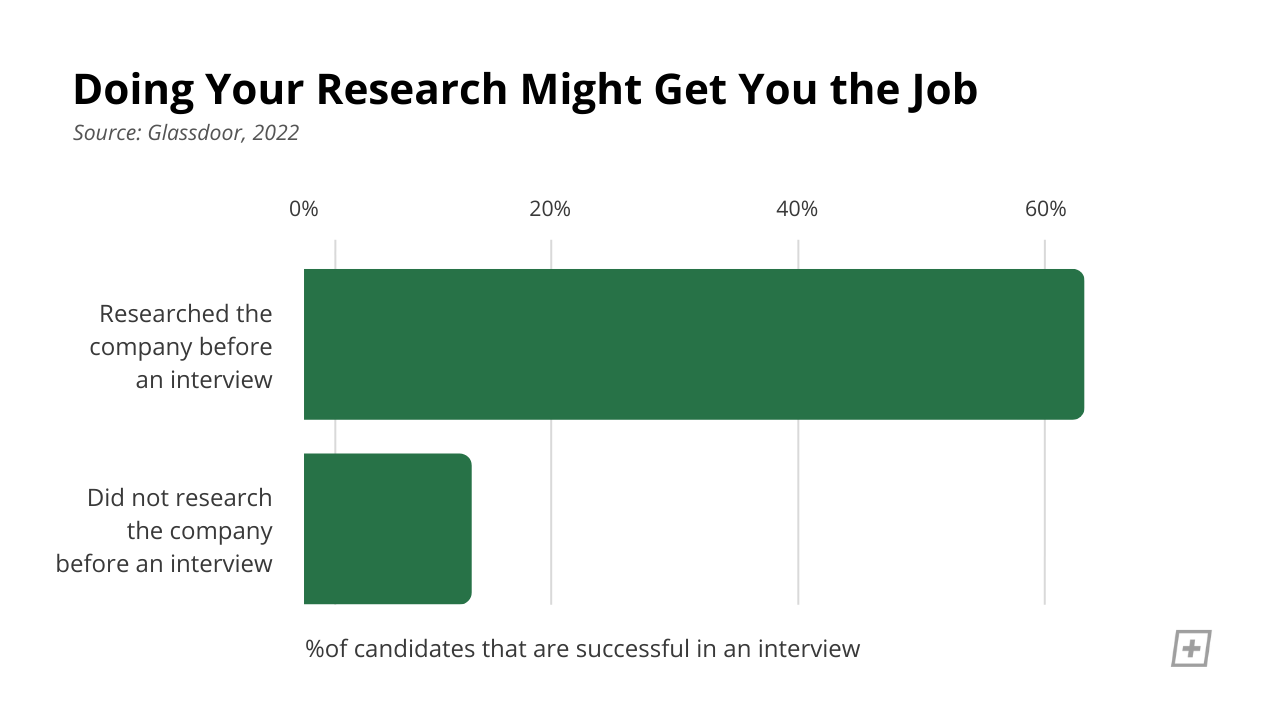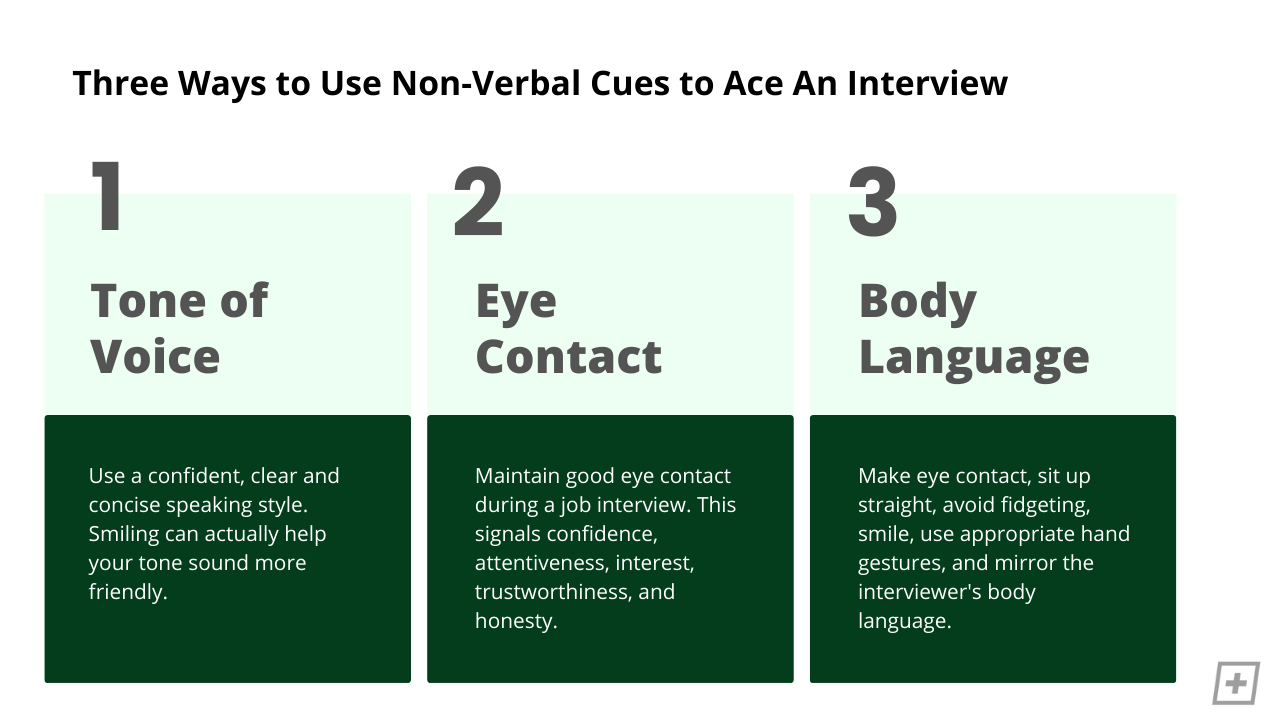How to Prepare for Difficult Interview Questions: Strategies for Success
If you’re working in the tech sector, you're undoubtedly aware of the competition in the job market. For every tech opening, there are approximately 118 candidates vying for the job - and only 20% of applicants will get an interview. Once you’re at this stage, preparing for a range of difficult interview questions you may be asked is key.
Only one candidate will be successful, and nearly half will be rejected simply because they haven’t done adequate research on the company. In this blog, we'll provide you with practical strategies to help you stand out and answer hard engineering interview questions.
Preparing for engineering interview questions and styles
Do your research
You don’t want to be one of the candidates who isn’t considered simply because they didn’t review the company website. The first part is to do your research on the company. This means delving deep into what the company does, its mission, vision, and work values.
You should then drill down to the specific department and role you’re applying to. For example, during your research, you could ask yourself:
What are the company’s goals and objectives?
What skills and qualifications are they looking for, including nice-to-have’s?
What do the backgrounds of other developers who work there look like?
What experience do you have with engineers that are similar to what they’re looking for?
How have people in the company grown after starting in a role similar to the one you’re interviewing for?
How long do employees seem to say about the company?
What kind of reviews can you find online about the company and the leadership team?
While you do this, think about how your skills and experience relate. This will help you prepare your answers so they’re relevant to the interviewer.
For example, if you're applying for a front-end developer role and the company uses React, make sure you can speak to your experience with React and any projects you've completed using the framework.
Next, take a look at the profiles of the hiring manager for your role, as well as who will be your direct manager and colleagues. This could be LinkedIn, the company website, and any other site they may have a presence. Sometimes, hiring managers will include team- or tech-specific details on their LinkedIn profile, giving you insider information beyond what you see on a job description. Having this knowledge will help you tailor your responses to the company's needs and demonstrate your fit for the role.
2. Learn how to sell yourself
Now that you’re familiar with the company and have relevant points from your own experience you can lean on, focus on how you present. Learning how to sell yourself is just as important as your qualifications, if not moreso: you need to communicate your value effectively, and why the hiring manager should hire you over the other candidates.
While you don't want to come across as arrogant, you also don't want to undersell yourself. Take some time to reflect on your past experiences and ask yourself what you've done well and what path it has taken you on. Additionally, seek feedback from former colleagues, bosses, and friends on your key achievements and skills. Sometimes, their more objective view will paint you in a better light than you would yourself.
One of the most common questions asked in job interviews is "tell me about yourself." Like it or not, this is your chance to make a great first impression and set yourself apart from the other candidates. Avoid the temptation to ramble about your personal interests or favorite Netflix shows. Instead, summarize your resume into an engaging, 20- to 30-second elevator pitch that highlights your most significant accomplishments and relevant skills. Here, relate your pitch to specific points on the job description. This shows the interviewer that you've taken the time to understand the company's needs and tailor your response accordingly.
For example, you could mention how you helped optimize a web application's performance, leading to a 40% decrease in load time, which directly relates to a requirement in the job description.
3. Practice
It’s possible writing out your accomplishments and researching the company may be enough to ace your interview. But if you take the time to practice out loud, you’ll calm your nerves, organize your thoughts, and further refine your notes into concise, relevant responses for interview questions.
Before the interview, go over your own experience in software development and prepare real-life examples of challenges you’ve faced (e.g. scaling, working with a team, leading a team) and successes you experienced. Write these things down: they’ll help you clarify things you’ve done well, what you ended up learning, and how it helped you grow.
Practicing aloud on your own is a great start. But if you’re feeling confident enough (and there are people available), consider practicing your responses with a friend or mentor. This will serve to provide you feedback and build confidence.
Keys to success in your engineering interview
Make a good first impression
Recruiters and hiring managers agree: your first impression is critical. Some studies have shown that you have as little as 7 seconds to make a strong first impression. So - how do you make the most of the short window of opportunity?
First and foremost, dress for the part - whether the interview is in person or via webcam, and err on the side of dressing up rather than down. Being personable with the interviewer can also help you build rapport and establish trust and warmth. Start off by asking them how they are. Be genuinely interested and kind. You can also occasionally use their name to create an affinity with the interviewer.
Because communication skills are critical in most jobs, they’ll inevitably be assessed during an interview, and often this is indirect. They won’t ask you questions about your communication skills outright; rather, they’ll observe how you interact with them and others to determine whether you would be a good fit for the company's culture.
Be concise, positive, and genuine
During an interview, aim to be concise. That was the point of all that practice! When asked a question to which you may have a lot of points, introduce your key points briefly. For example, if asked about your experience with a particular programming language or technology, provide a high-level overview, then let the interviewer dig into the areas they're most interested in learning about.
Along with being concise, keep your responses positive. If you’re asked about why you left a particular job, for instance, don’t denigrate your previous boss or colleagues - even if you didn’t enjoy them. If you do, it can reflect poorly on you. It may lead the interviewer to question how you might talk about their company in the future.
Pay attention to your non-verbal communication
During an interview, nonverbal communication is just as crucial as what you say. Most communication is nonverbal: body language, eye contact, facial expressions - all of these, regardless of situation, communicate your energy and attitude. So pay attention to how you're presenting - even when you aren’t speaking.
First, think about your posture. Sit up straight and make eye contact with the interviewer, which can demonstrate confidence and professionalism. Also make sure you stay present during the interview: avoid fidgeting or looking away, which can be perceived as disinterest. If you're on a video call, turn off all distractions and notifications to stay focused. We often recommend keeping a pen and paper nearby so you can take notes or jot down questions you may have.
Additionally, mirroring the interviewer's body language and speech patterns can help create a connection and establish rapport. Pay attention to their tone and language and adjust your responses accordingly to build a positive relationship with the interviewer. Show them you’re listening and engaged in the conversation by nodding or other affirmative gestures.
What questions should you ask the interviewer?
Toward the end of the interview, typically you’ll be asked if you have any questions. This isn’t just a nicety; it can help you get the interviewer to open up, signal to them that you’re proactive and engaged, and also help you assess whether you want to work for this company.
Take the opportunity to ask about your potential for success in the role, the company's approach to employee growth and development, and what qualities are valued in their top performers. Consider asking questions that are about the interviewer themselves, rather than just at the company level. This can give you a better sense of workplace culture, but also establish more trust and feelings of warmth with the interviewer.
Below is a concise list of questions you consider asking in an interview:
What is the hiring manager’s favourite part of the company? How would they describe the company?
What is the team growing towards? Is there a bigger picture or roadmap?
If it’s a tech startup, how has their growth been?
Lastly, consider asking about any challenges the company has faced in hiring for the position. And if the interviewer will also be your direct manager, consider asking them about their management style. This can help you identify areas where you can excel and stand out as a candidate. Remember, you are interviewing the company as much as they are interviewing you, so use this time to gather information and determine if the role and company are the right fit for you.
Summary: Difficult interview questions and how to prepare
In this blog, we covered some of the most important aspects of preparing for an interview, from researching the company to practicing for common interview questions. We also went through considerations for the interview itself: how to improve your nonverbal communication, ask the right questions, and speak concisely and clearly.



